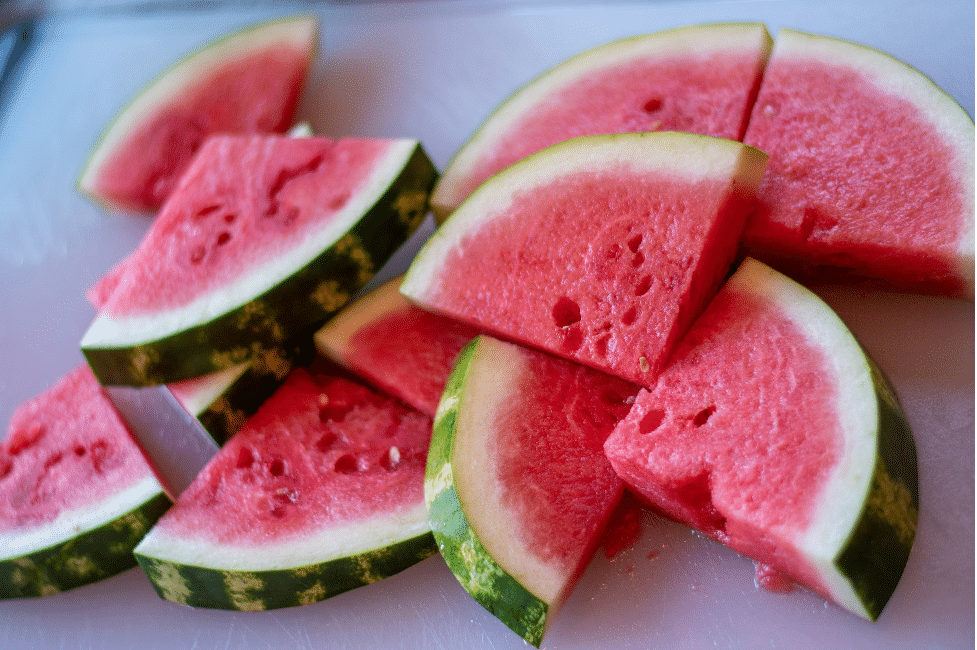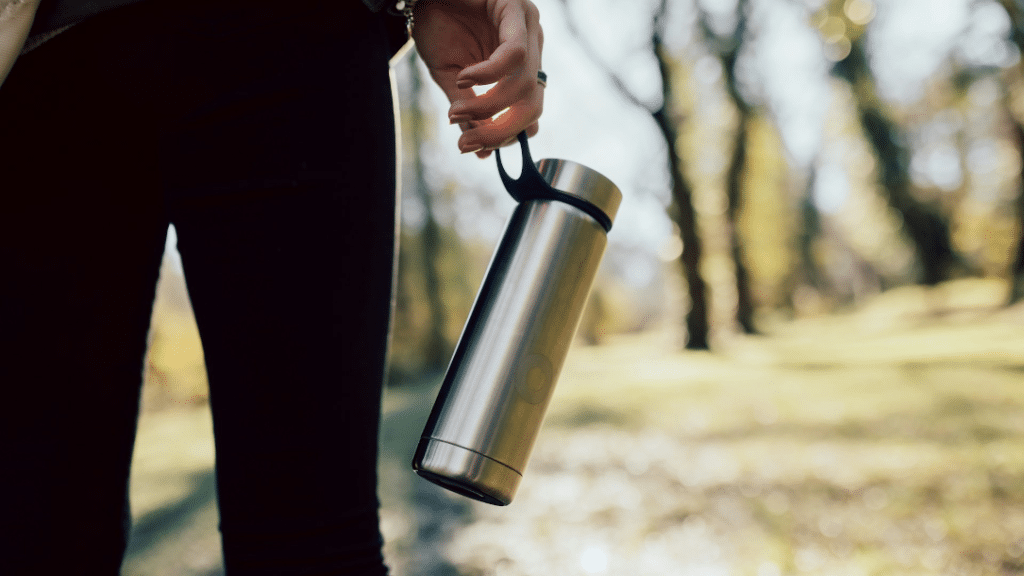Are you unsure how much water to drink daily to stay fully hydrated? Many people need help determining the right amount. Proper hydration is vital for your overall health, affecting energy levels, digestion, and cognitive function. You can maintain adequate hydration levels by following the recommended guidelines and paying close attention to your body’s signals.
Continue reading to understand the facts and dispel any confusion surrounding this critical aspect of health maintenance.

Recommended Daily Water Intake Guidelines
Drinking water throughout your day supports bodily functions, energy levels, and overall well-being. The specific amount of necessary daily water intake can vary based on age, activity level, and climate. For a healthy routine, adults generally need a minimum of roughly 8-10 cups of water per day. Children usually require less water, about 4 to 8 cups daily, while older adults may only need around 6 to 8 cups daily.
Physical activity increases the need for water; athletes and active individuals require more to replenish lost fluids. Hot or humid weather also calls for improved hydration, and health conditions like illnesses or pregnancy can alter water needs, too. Staying aware of your body’s signals, like thirst, helps gauge personal hydration requirements to ensure you drink enough. Individual needs differ, so listen to your body and adjust accordingly.
Assessing Personal Hydration Status
Your body delivers signals when it needs water, like an urge to drink or a noticeable dark yellow urine color. Clear or light yellow urine indicates a healthy hydration level. Paying close attention to these signs is a primary way to help prevent dehydration.
Other symptoms of dehydration include a dry mouth, headache, or fatigue. If you maintain a physically active lifestyle, ensuring you drink enough water before, during, and after exercise is vital. Additionally, monitoring your fluid intake during hot weather is equally important.
Remember that individual needs vary, so adjusting based on your lifestyle and health conditions is key. Regularly assessing your hydration status ensures you meet your body’s specific requirements, promoting overall health and wellness.
Ensuring Proper Hydration in Physical Activities
Maintaining proper hydration during physical activities is essential for overall well-being. While exercising, your body loses fluids through sweat, emphasizing the need to replenish them.
Drink water before exercise to ensure adequate hydration, and during physical activities, aim to sip water regularly, especially in warmer conditions. Continue hydrating after your workout to recover the fluids lost. Keep in mind that personal needs may vary based on the intensity and duration of exercise.
In some instances, like intense workouts or extreme climate conditions, intravenous (IV) therapy may be a valuable consideration for rapid rehydration. IV therapy involves delivering fluids directly into the bloodstream, ensuring swift absorption. However, consulting with healthcare professionals before opting for such measures is essential to determine if they are suitable for your needs as well as to ensure safety.
Special Considerations for Health Conditions
Various factors, like chronic illnesses or pregnancy, can influence the amount of water your body requires. Individuals with health conditions, such as kidney problems or heart issues, may need to monitor their fluid intake more closely.
For pregnant women, hydration is especially important, as it supports maternal and fetal well-being. People with chronic illnesses may have unique hydration requirements, and it’s essential to align fluid intake with their health needs.
It’s worth noting that medications can impact hydration levels, and individuals taking certain drugs may need to adjust their fluid intake to compensate. Consulting with healthcare experts is vital to tailor hydration plans accordingly.
Practical Tips for Maintaining Optimal Hydration
Staying fully hydrated is essential for maintaining your health. Here are practical tips to help you maintain optimal hydration:
- Carry a Water Bottle: Keep a reusable water bottle with you throughout the day, making it easier to sip water regularly.
- Set Hydration Goals: Aim for a specific daily water intake according to your age, activity level, and climate.
- Incorporate Water-Rich FoodsInto Your Diet: Consume fruits and vegetables with a high water content, like watermelon, cucumber, and oranges.
- Create a Hydration Schedule: Establish set times to drink water, like during meals or at specific intervals, to ensure consistent intake.
- Listen to Your Body: Pay attention to thirst signals, dry mouth, and urine color to gauge when your body needs more fluids.
- Limit Caffeinated and Alcoholic Drinks: While they contribute to fluid intake, excessive consumption can lead to dehydration, so moderate your intake.
- Consider IV Therapy: In specific situations requiring rapid rehydration, such as extreme dehydration or illness recovery, consider consulting healthcare professionals for IV therapy. IV therapy in Morristown, NJ, provides direct fluid replenishment into the bloodstream for quick and efficient hydration restoration.
Final Words
While a general guideline suggests 8 to 10 cups for adults, individual factors such as age, activity level, climate, and health conditions can directly influence hydration requirements. Listen to your body, heed the signs of thirst, and monitor urine color. Whether a busy professional, an athlete, or an older adult, maintaining optimal hydration is achievable through mindful habits. Remember, water-rich foods and sensible beverage choices contribute to overall fluid intake.
Stay hydrated, stay healthy, and consider seeking professional advice for personalized hydration plans. Enjoy the benefits of good hydration for a vibrant and energized life.
